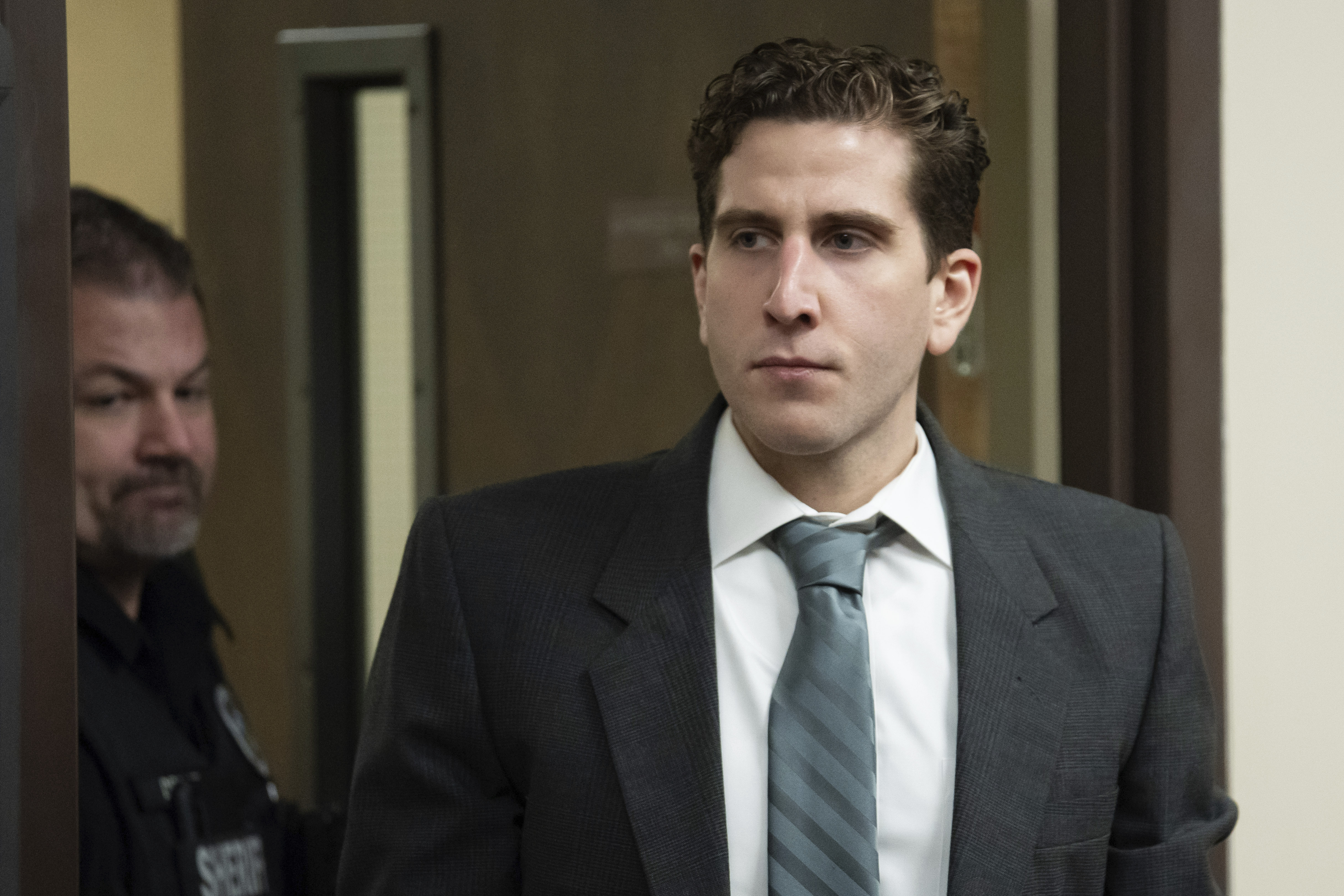Criticizing the news media as unfair, Republican presidential candidate Ben Carson is defending his past descriptions of receiving a scholarship offer for the U.S. Military Academy at West Point even though it does not offer scholarships and he never applied for admission.
Questions about Carson's assertions about his personal history, including his claim that he was a troubled youth beset at times by violent behavior, and his inaccurate pronouncements about historical events have gained attention as he has risen to the top of some national polls.
"I think what it shows, and these kinds of things show, is there is a desperation on behalf of some to try to find a way to tarnish me," Carson said Friday night during a news conference outside West Palm Beach. "Because they have been looking through everything. They have been talking to everyone I have ever known and everybody I have ever seen. There has got to be a scandal."
He told reporters, "My job is to call you out when you're unfair, and I'm going to continue to do that."
Carson is a newcomer to national politics and has developed a passionate following based in part on his inspirational personal story and devotion to Christian values. The only African-American in the Republican 2016 class, he grew up in inner-city Detroit and often speaks about his childhood brushes with violence and poverty.
Following a story published by Politico on Friday, his campaign sought to clarify Carson's story about his interest in attending West Point in his breakout book, "Gifted Hands," in which he outlines his participation with the Reserve Officers' Training Corps, commonly known as ROTC, while in high school.
"I was offered a full scholarship to West Point," Carson wrote in the 1996 book. "I didn't refuse the scholarship outright, but I let them know that a military career wasn't where I saw myself going. As overjoyed as I felt to be offered such a scholarship, I wasn't really tempted."
U.S. & World
Campaign spokesman Doug Watts said Carson was "the top ROTC student in the city of Detroit" and "was introduced to folks from West Point by his ROTC supervisors."
"They told him they could help him get an appointment based on his grades and performance in ROTC. He considered it, but in the end did not seek admission," Watts said.
Students who are granted admission to West Point are not awarded scholarships. Instead, they are said to earn appointments to the military academy, which come with tuition, room and board and expenses paid, in exchange for five years of service in the Army after graduation.
A West Point spokesman on Friday said the academy "cannot confirm whether anyone during that time period was nominated to West Point if they chose not to pursue completion of the application process."
At his news conference Friday night, Carson said, "It was an offer to me. It was specifically made." He said he could not recall specifically who made the offer. "It's almost 50 years ago. I bet you don't remember all the people you talked to 50 years ago," he said.
Pressed further by reporters, Carson said: "What about the West Point thing is false? What is false about it?" Asking if he had made a mistake in recounting the story, he said, "I don't think so. I think it is perfectly clear. I think there are people who want to make it into a mistake. I'm not going to say it is a mistake, so forget about it."
Hours earlier, Carson had told Fox News in an interview, "I guess it could have been more clarified. I told it as I understood it."
A CNN report this week found no support for Carson's oft-repeated claim that he tried to stab a close friend as a teenager. Citing privacy concerns, his campaign has refused to name the person involved.
In a post Wednesday on his Facebook page, Carson wrote that "every signer of the Declaration of Independence had no elected office experience." About half had been elected members of colonial assemblies, and Watts acknowledged the error to The Washington Post.
On another topic, Carson has said the great pyramids of Egypt were built by the biblical figure Joseph to store grain, although the accepted science says that they were tombs for pharaohs.



